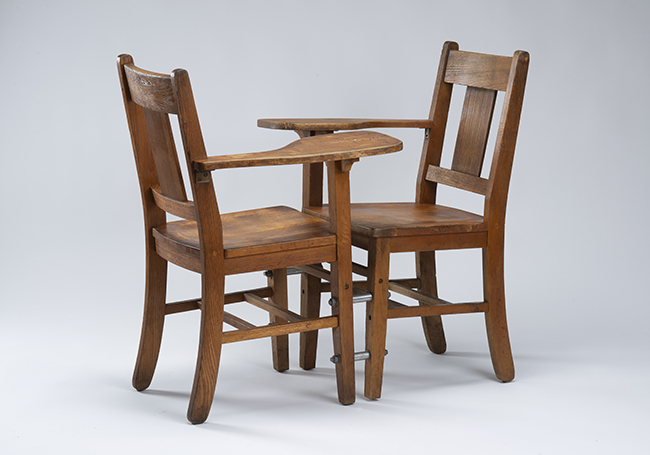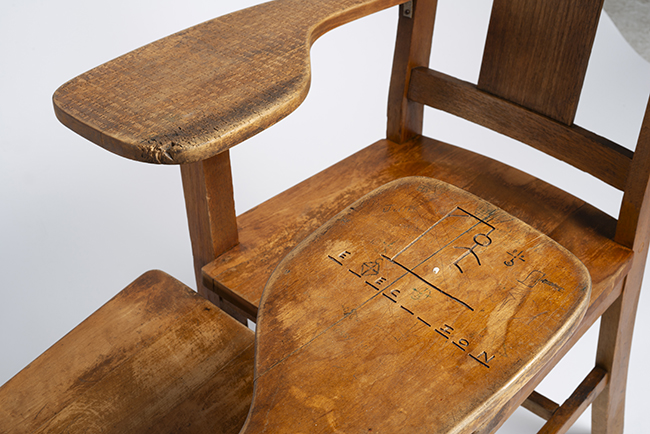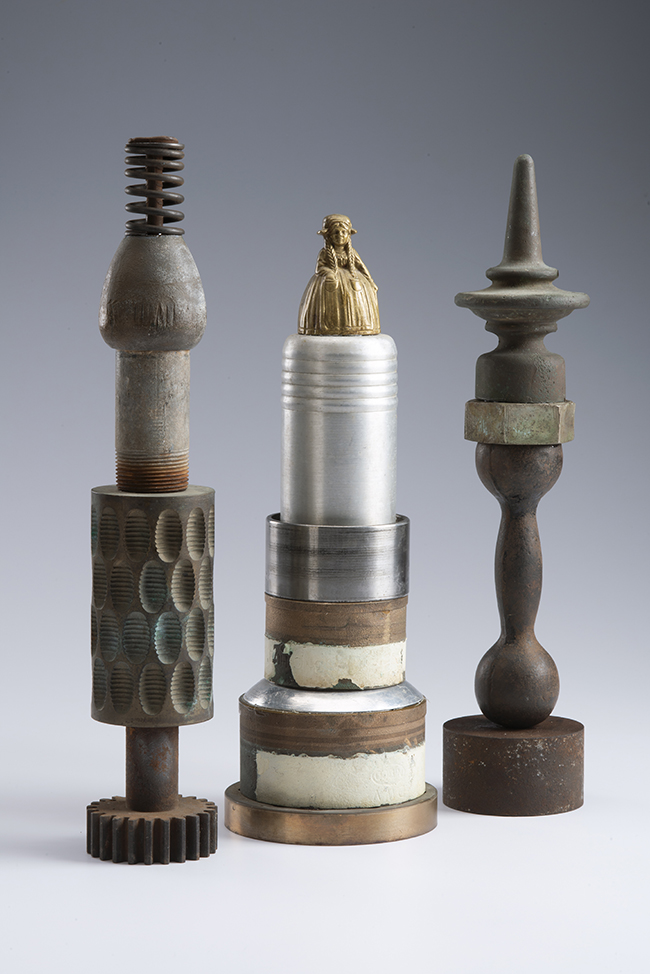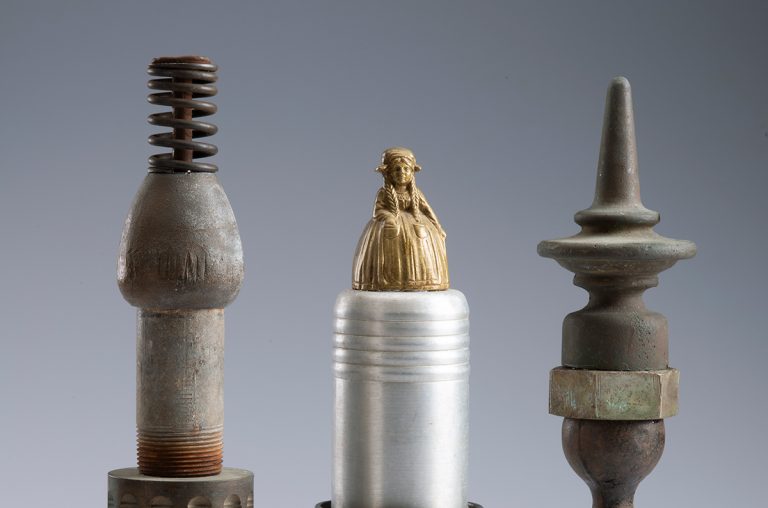Clint Imboden, born in 1953 in St. Louis, Missouri, is a Bay Area artist known for his blend of nostalgia, cultural reflection, and social critique. Based in Oakland, California, Imboden’s 3D works give new life to familiar objects—tools, toys, and relics of Americana—transforming them into visual statements on social and political topics. His approach to art encourages us to look at everyday items differently, uncovering stories embedded in the objects we often dismiss. Through a fusion of the familiar and the reflective, his work makes us question what these items really represent.

Collecting became second nature to Imboden from a young age. Both of his parents shared a love for kitsch and Americana, leaving an indelible impression on him that has defined his artistic direction. This passion for collecting has become a core aspect of his creative process, and he visits flea markets and estate sales regularly, looking for objects with history and character. Drawn to artifacts from working-class homes of the mid-20th century—like hand tools, toys, and kitchen items—Imboden finds inspiration in items that once symbolized blue-collar America.
Once these pieces arrive in his Oakland studio, they are transformed. Imboden carefully arranges and reinvents these objects into installations that give new context to their original purposes. His installations are deliberate, often incorporating repetition to create intricate abstract forms. This repetition highlights his commitment to collecting and gives these everyday items new life as art.

In recent years, Imboden has introduced text into his pieces, adding another dimension to his work. After the 2016 election, he began using laser etching to carve words into his found objects, adding a political layer to the pieces. By combining words with nostalgic objects, Imboden transforms familiar items into reflections on current social issues. Each piece becomes a question, statement, or prompt, blending sentimentality with commentary on today’s world.
A distinctive quality of Imboden’s work is its connection to the blue-collar experience. Tools from past generations serve not only as elements in his pieces but as symbols of the hands that once held them. Through his installations, he pays homage to the working class, honoring the lives, histories, and stories tied to these objects. By presenting these items in a new light, Imboden invites viewers to appreciate their inherent worth and the memories they carry.

Imboden’s art has garnered attention beyond the Bay Area, finding homes in public collections worldwide, including the San Antonio Museum of Art, Museu de Arte Moderna in Rio de Janeiro, and the Milwaukee Art Museum. His work also features in public spaces across California, where commissions for venues like SF Curran, Hyatt Place Hotel, and Sherwood Design Partners bring his art to a diverse audience.
For Imboden, collecting is more than a habit; it’s almost ceremonial. His artist statement reflects his commitment to gathering “overlooked objects” and bringing them to his studio, where they’re reimagined. In some installations, items like screwdrivers and measuring tapes appear in overwhelming quantities, reflecting his fascination with repetition. This layering of items creates a rhythm in his work, turning ordinary objects into something immersive and captivating.
Imboden’s work asks us to think about value in a culture that often discards the old in favor of the new. What makes us treasure certain items while discarding others? How does something trivial take on deeper meaning? Through his work, Imboden uses these objects as a language to explore memory, significance, and cultural narratives.
Accessible yet intricate, Imboden’s art offers a look at the past while making us question the present. Each piece becomes a dialogue between memory, history, and identity. His work highlights the importance of the everyday, reminding us that the objects we overlook often carry stories worth telling. In Imboden’s hands, tools and toys transform, revealing that some of the most meaningful messages come from the ordinary things we take for granted.

